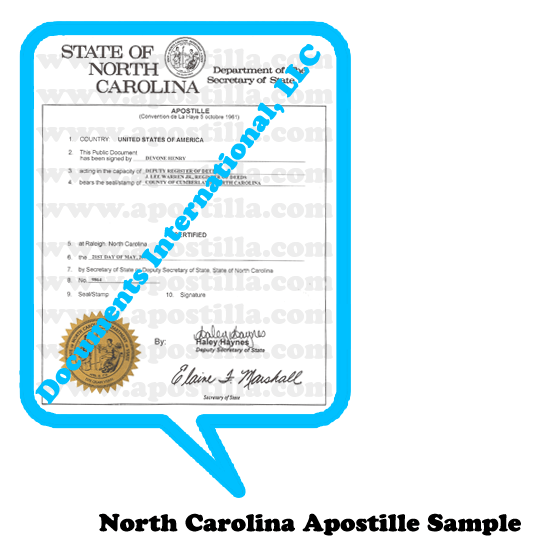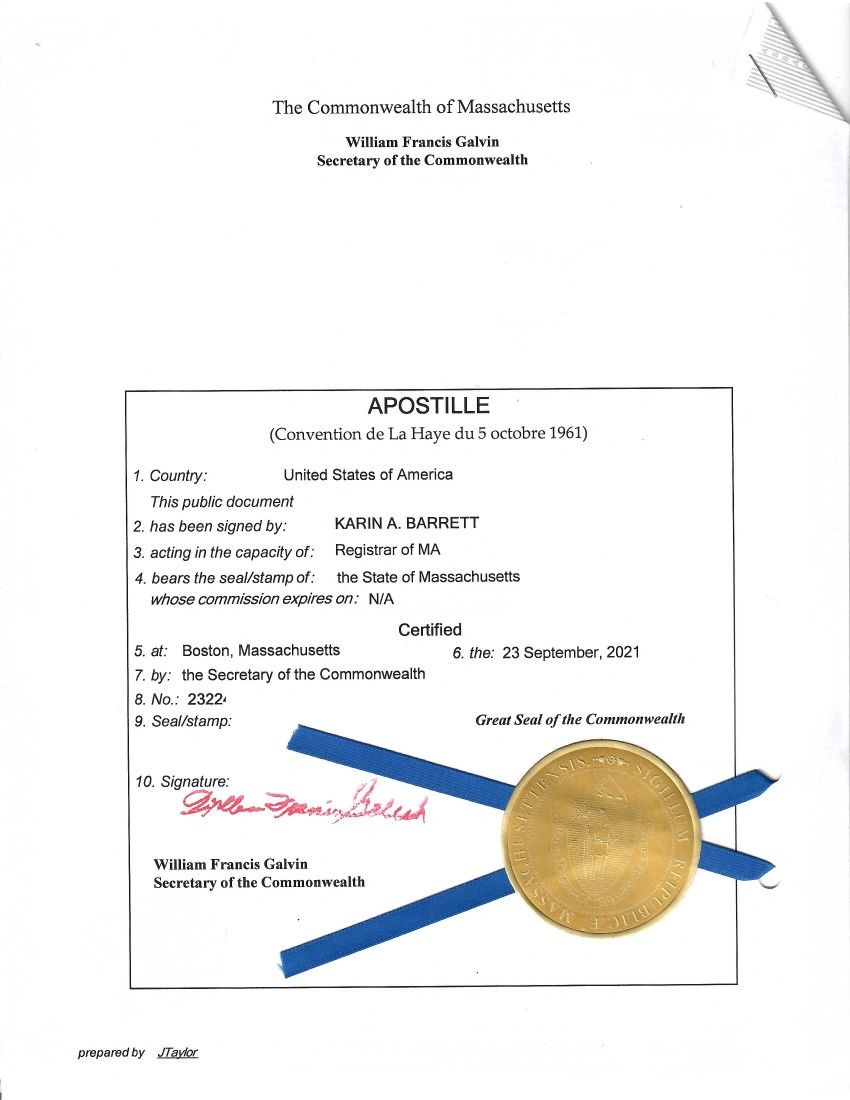Understanding the Apostille Process: A Comprehensive Overview to International File Authentication
Navigating the complex landscape of international record authentication can be discouraging without a clear understanding of the apostille process. This overview meticulously details the required actions, from determining which papers need qualification to submitting them for verification by the Competent Authority. Comprehending the significance of an apostille and recognizing potential pitfalls, such as insufficient submissions and language barriers, can dramatically streamline the verification journey. What specifically specifies an apostille, and why is it so crucial for documents predestined for Hague Convention countries? These inquiries form the structure of our expedition into this essential legal treatment.
What Is an Apostille?
An apostille is a main accreditation that verifies the credibility of a document for usage in one more country. This certification, provided by a marked authority in the country where the document stemmed, makes certain that the record is acknowledged as legitimate and legitimate in the worldwide arena. The procedure of obtaining an apostille involves a number of steps, consisting of the verification of the document's trademarks, seals, and stamps by ideal governmental bodies.
The apostille offers as a globally acknowledged form of verification, made possible by the Hague Convention of 1961. This treaty, officially referred to as the Hague Convention Eliminating the Need of Legalisation for Foreign Public Papers, systematizes the process of record accreditation amongst member countries. The apostille itself is a standard certificate which contains specific info, such as the issuing authority, the nation of beginning, and the day of issuance.
It is very important to keep in mind that not all files are qualified for an apostille. Normally, public records like copyright, marriage licenses, court orders, and educational diplomas get this accreditation. Personal files, such as contracts and contracts, might need notarization and additional steps to certify.
Importance of Apostille
Recognizing what an apostille is establishes the phase for appreciating its value in international dealings. houston tx apostille. An apostille, essentially a kind of accreditation provided by a designated authority, verifies the authenticity of a file for usage in international nations that are notaries to the Hague Apostille Convention. This standardized process eliminates the demand for more legalisation by embassies or consulates, consequently simplifying global transactions
The value of an apostille can not be overstated. It ensures the trustworthiness and approval of crucial documents-- such as copyright, marriage licenses, and academic diplomas-- throughout boundaries. For companies, it helps with the smooth conduct of international trade, mergings, and purchases by providing a relied on technique of file verification. This lowers bureaucratic obstacles, saving both time and sources.
Furthermore, an apostille enhances legal safety and compliance. Federal governments and organizations can with confidence count on the authenticity of documents birthing an apostille, minimizing the danger of fraudulence and misstatement.
Files That Require Apostille
When engaging in international purchases or legal matters, specific papers usually necessitate the verification given by an apostille. This ensures their acknowledgment and acceptance in nations that are signatures to the Hague Apostille Convention. Typically, individual files such as copyright, marital relationship certificates, and death certifications require an apostille, particularly when they are made use of for procedures like migration, marital relationship abroad, or international probate issues.
Educational documents are another category often site link needing apostilles. Diplomas, transcripts, and academic documents frequently require this verification for purposes such as going after further education, work, or specialist licensing in an international nation (houston tx apostille). This action guarantees that the papers are recognized as legitimate and legitimate
Lawful papers, including powers of lawyer, sworn statements, and court orders, additionally frequently necessitate apostilles. Company files such as certificates of unification, bylaws, and commercial contracts may call for an apostille to assist in international trade, establish foreign branches, or participate in cross-border legal proceedings.
Actions to Acquire an Apostille

Getting sites an apostille includes a multi-step procedure that makes sure the authenticity and approval of your documents in international countries. The initial step is identifying which papers require an apostille. houston tx apostille. Typical records include copyright, marital relationship licenses, scholastic records, and corporate records
Once identified, the file needs to be certified by the appropriate issuing authority. This might include registration by a notary public or confirmation by a regional or state official, relying on Visit Website the kind of record. After accreditation, the paper must be sent to the designated Competent Authority in the record's native land. In the USA, for instance, this is usually the Secretary of State's office for each state.
The entry process typically calls for a finished application, the original paper, and a charge. Some jurisdictions may provide the option of expedited handling for an added charge. Upon successful confirmation, the Competent Authority will fasten the apostille certification to the document, consequently validating its credibility.
Usual Difficulties and Solutions
Navigating the apostille process can present numerous usual challenges that, if not effectively attended to, may postpone or complicate document authentication. Each country has certain needs for the types of papers that can be apostilled, and any kind of deviation from these can result in rejection.
An additional usual obstacle is recognizing the different handling times. Processing times can differ dramatically in between countries and even between different regions within the same country. It is vital to represent these variations when preparing the apostille process to stay clear of unexpected hold-ups.
Additionally, language barriers can position substantial barriers. Records in an international language frequently require licensed translations, and any type of mistakes in translation can bring about more difficulties. Engaging a specialist translation solution can minimize this threat.

Conclusion
Mastering the apostille process substantially boosts the efficiency of worldwide paper authentication. By comprehending the requirement of determining and accrediting called for records, and navigating the submission to the Competent Authority, the process comes to be a lot more convenient. Understanding of common difficulties, such as insufficient submissions and language obstacles, additionally help in avoiding prospective delays. Making certain papers are appropriately apostilled promotes their approval in Hague Convention signatory countries, therefore supporting smooth international legal and administrative procedures.